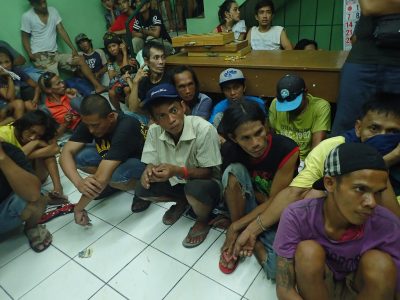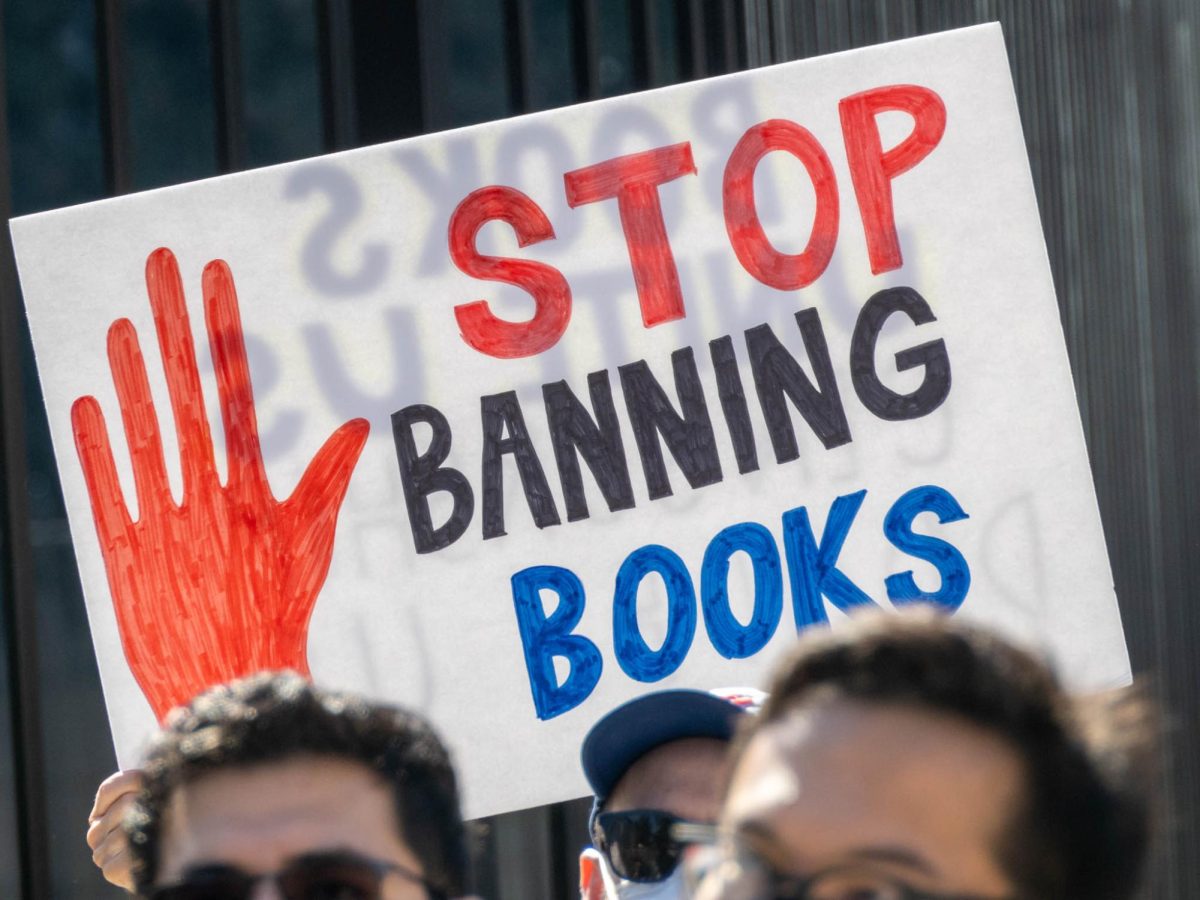BY JOSEPH KRASSNER
Staff Writer
Controversy erupted worldwide over the 2016 Philippines election in which Rodrigo Duterte, a man who The Washington Post dubbed “The Trump of the East,” was elected the new president. Duterte’s past is chock-full of human rights violations and questionable remarks, but even after being sworn into office back in late June, it appears he still wants to continue his motif of tough-talk politics. While possibly entertaining and seeming to solve key issues, this political strategy poses a viable threat for residents of the Philippines and US future interactions with the long term ally.

While Rodrigo’s campaign focused foundationally on fighting corruption and drug abuse, his rigorous stance on fighting crime was most conspicuous. Martin Andanar, Communications Secretary for the Philippine National Police (PNP), cited a report from early August asserting that crime volume had decreased by almost 10% in less a year. And while these numbers are exceptional, they call into question the alarming surge of drug-associated homicides Both the International Narcotics Control and United Nations Office on Drugs and Crime strongly condemned this homicidal wave as a clear violation of human rights. Instead of responding to this accusation, Duterte doubled down and-according the Human Rights Watch encouraged police to “seize the momentum,” citing the thousands of self-proclaimed drug dealers and abusers who have turned themselves into the police under Duterte’s presidency and promoting police officers to continue rigorously hunting down people who have any affiliation to the drug trade.
Among the disturbing, graphic images of those killed during Duterte’s anti-drug campaign, one in particular stands out. The image depicts Jennilyn Olayres embracing her boyfriend, Michael Siaron, who was shot by a vigilante group suspecting that Siaron was a drug abuser. The fact that groups actively hunt for people who simply seem suspicious seriously questions the idea of whether the anti-drug campaign has reaped more benefits than drawbacks.
But, beyond the many unjustified killings under Duterte’s presidency before and after his victory at the presidential bid, he is also infamous for both boldly and inappropriately commenting on a wide variety of subjects. When Duterte was asked in September about the media’s reporting his profane description of United States President Barack Obama, Global Media Art (GMA), a Filipino based network, reported that Duterte held no grudges against the media, even urging the media to “criticize me if I do wrong in my job.” Conversely, Duterte’s cool tone seemed to directly foil his tenseness at an early-June press conference, created in order to deal with the widespread publicity of recently assassinated journalist, Alex Balcoba. At the conference, the Philippine Daily Inquirer reported Duterte’s remarks targeting corruption in the media, arguing that almost anyone who is accused of being a “paid hack” or “lowlife” working in the media, such as a journalist, is a legitimate target for assassination. The remark arouses suspicion as the man was a former officer for the police corps of Manila who was about to publish a report about police beats in Manila and prior to his death, had received anonymous death threats from a variety of enemies. The suspicious circumstances might suggest that Duterte is eliminating those who he believes might be a major threat to his presidency. Still, Duterte should not claim responsibility for deciding the difference between a good or threatening journalist. Duterte’s ambiguous and threatening comment can have a deleterious effect on free speech in the media.
Duterte’s inflammatory style continues to prove ill-suited for international diplomacy in a myriad of other situations. For example the Philippine’s controversy with China over the fishing rights in Scarborough Shoal, a small area in the South China Sea whose ownership is disputed between the two states. This four year dispute has been the subject to controversy due to the extremely rich fishing grounds as well as the United Nations Law of the Sea, in which a state has economic control over its resources within a two hundred mile radius. The Philippines technically do have control over this territory since the area is only about one hundred and forty miles from the Philippines, however, China’s rising power has put into question whether an issue such as this territory is worth the strife. The problem is that if the Philippines hand over ownership of this land, they would be violating UN law and the relationship between the United States and Philippines could be damaged. If the Philippines decide not to relent, the stance that Duterte currently holds could promote more aggressive and illegal behaviour from China. With the current economic and military power of China, it would be wise not to upset the country further. Duterte however, has taken such an aggressive stance that ensuring a reasonable resolution could prove impossible. Duterte’s inflammatory rhetoric has the potential to lead to dangerous confrontation between the two countries. The fact that the United States has defense treaties with the Philippines could drag our country into this dispute.
Duterte’s questionable governing of the Philippine-American ally requires careful attention by the Unites States to what could be a highly volatile area of the South Pacific. The often emotionless comments Duterte makes-especially those related to the recent killings- make Duterte’s election frightening. The problem is that if Duterte continues his off-beat comments, people of the Philippines and possibly around the world will view his future comments as normal even though in reality most of Duterte’s comments have been disturbing. Duterte is simply a reminder of the danger that any elected official holds in office and why there should be limits to the power of executive officials, even if their intentions are well-meaning.














